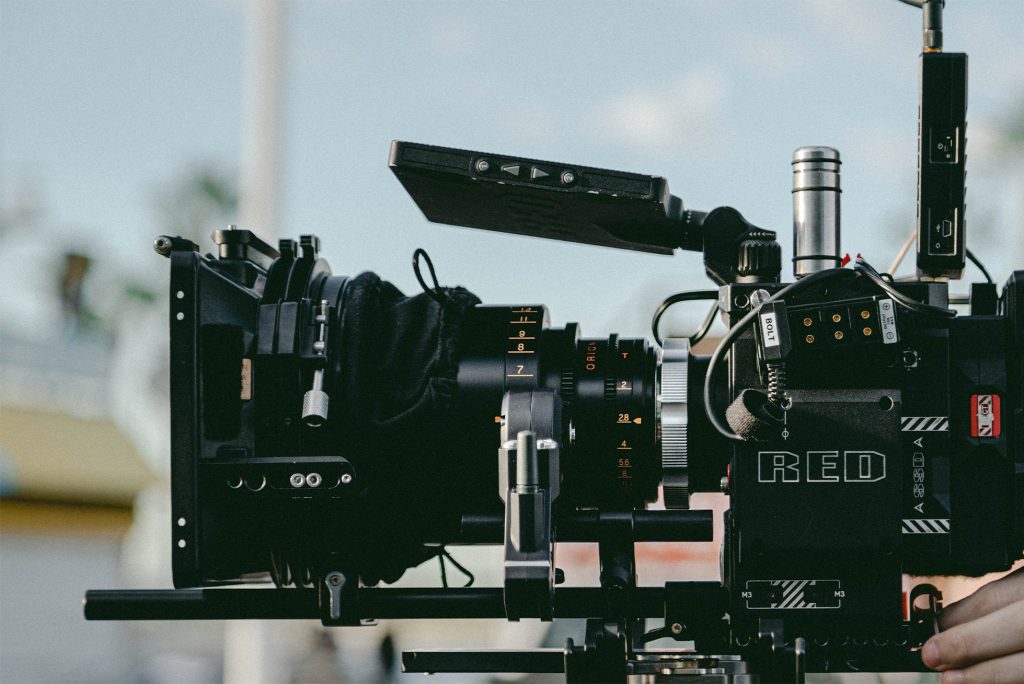
Filming in the Philippines
Finding a fixer
in the Philippines
Filming in the Philippines involves straightforward visa requirements, including the option for a Special Study Permit for longer stays. To secure film permits, our fixer in the Philippines can coordinate with the Film Development Council and local authorities. Equipment rental is readily available, with local technicians offering cost-effective customization. Filipinos are known for their hospitality to strangers. The 12 hours of daylight offer ample shooting time.
The tropical climate with a distinct wet season requires weather contingency plans. There are no specific tax rebates for foreign filmmakers.
Cultural facts
Film permits in the Philippines are not the only rules to be mindful of; understanding local customs and cultural nuances is equally crucial. Pointing with your lips is a unique gesture – locals use this non-verbal cue to indicate a direction or object. However, avoid pointing your feet at people or religious objects. Do not start eating until the host invites you to do so, and try to finish all the food on your plate, as leaving food may be seen as wasteful.
Weather when filming in the Philippines
The country experiences around 12 hours of daylight throughout the year, with sunrise typically occurring around 5:30 AM and sunset around 5:30 PM. The weather can be unpredictable, especially during the typhoon season, which typically runs from May to October. During this period, sudden weather changes, heavy rains, and strong winds are not uncommon, making it crucial to have robust weather contingency plans in place when filming in the Philippines. Conversely, the dry season, spanning from November to April, offers more predictable weather.
Tax rebate in the Philippines
As per our fixer in the Philippines, the country does not offer a specific tax rebate for foreign filmmakers. Regarding the cost of living, it’s generally considered affordable in comparison to many Western countries. The cost of dining out in the Philippines typically ranges from $10 to $25 per person. Public transportation, such as buses and trains, offered affordable options, with fares starting at around $0.20 for short trips. Accommodation costs could vary widely, with mid-range hotels from $50 to $150 per night.
Filming in the Philippines
Visa requirements allow for a tourist visa on arrival, extendable for up to 59 days, or you can opt for a Special Study Permit (SSP) for longer stays. To obtain film permits, work with the Film Development Council of the Philippines and local government units; our trusted fixer in the Philippines can help.
Filming equipment is readily available for rent, but if you prefer to import your own, securing an ATA Carnet is essential. In your interactions with locals, remember to show respect. The weather can be unpredictable, with a typhoon season from May to October, so having contingency plans is crucial. The Philippines generally offers around 12 hours of daylight each day, and there are no specific tax rebates for foreign filmmakers.



